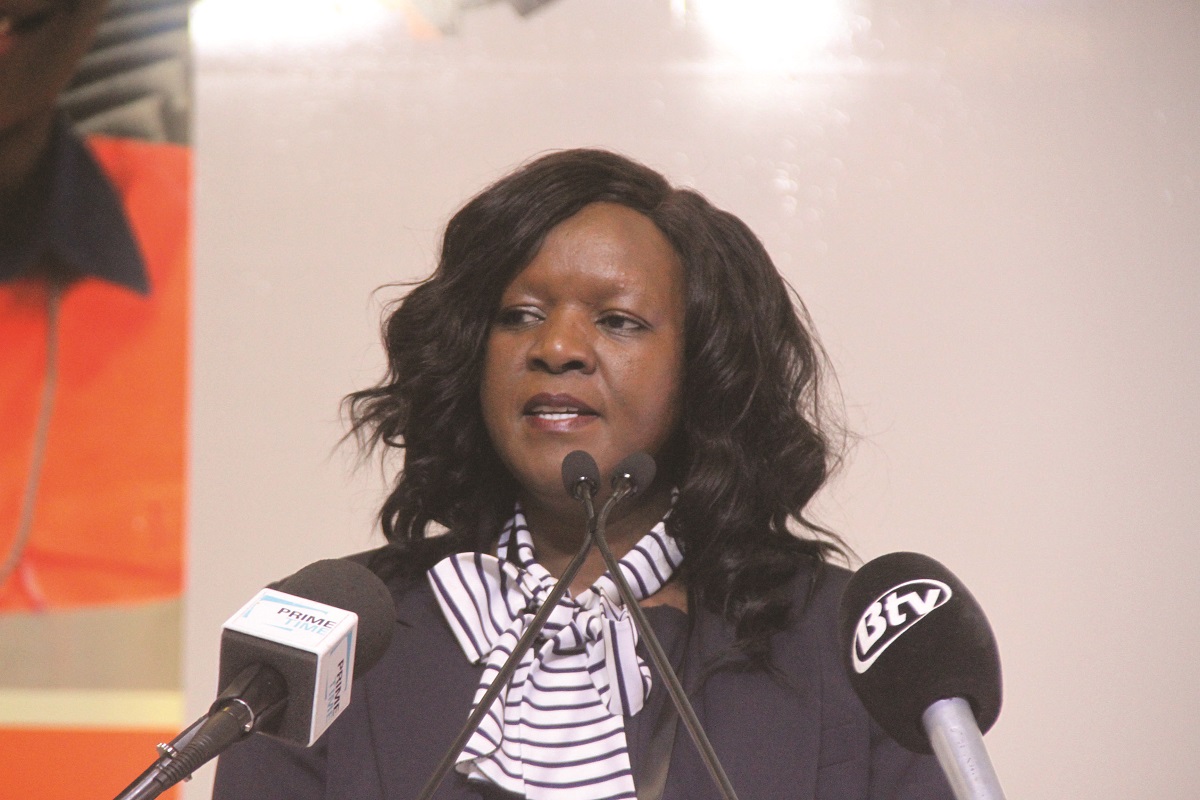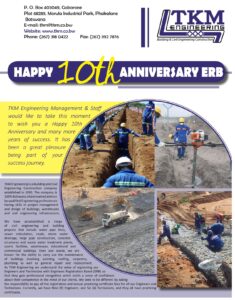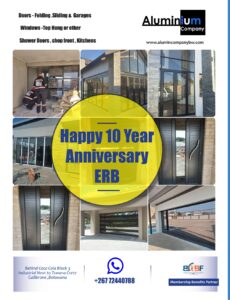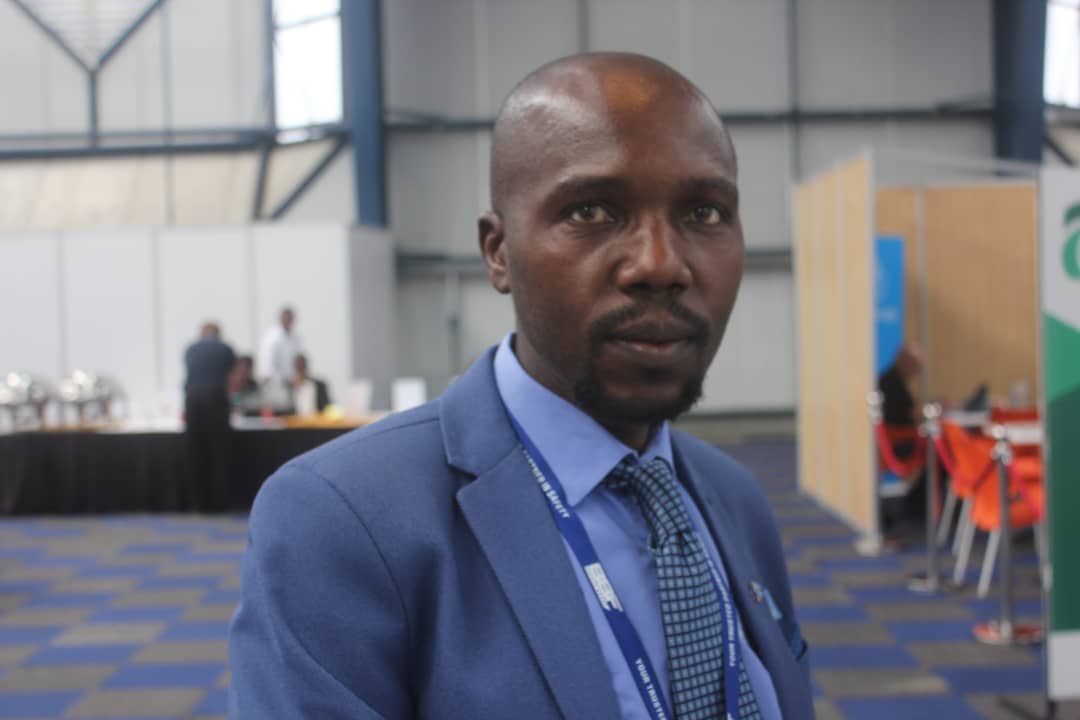Creating Botswana’s Next Value Frontiers
- The balance of free market dynamics and industry protection
- Can Batswana and the economy stand a chance against imports?

Many economists have published detailed models about how steep a curve the movement from middle income status to high status is. The middle-income trap has left many cabinets and high-powered delegations of experts drawing economic formulas that have left nothing beyond growing body of theory and a few actionables that have delivered the much sought-after value. Emerging markets still remain emerging markets – a status quo long predicted to remain as such for many lifetimes. A few countries have broken away from the middle-income barriers since the establishment of the World Trade Organisation (WTO). Our republic has been having the same debate for more than a generation whilst our economic diversification debate is still on full steam.
As we confront a changing world and new realities we have to answer difficult questions about where we are and where we are going? As a predominantly import economy, how much value do we derive from this economic model versus in-country capacity building in manufacturing? How is the balance of trade between our exports and our imports? Which value frontiers remain untapped? What can give a genuine jump into a high-income economy? How do we get over the – ‘we are better than most adage and complacency?’ How can our natural endowments be the spring board of international competitiveness? What happens when basic goods run dry because exporters cannot even meet their own home demand?
As a construction industry player, I dream of a belt of vast factories – strong primary industries that mushroom from our cities and towns from Ramokgwebana to Charles Hill and beyond – giving beam and life to our people. Skills are harnessed, transferred and shared with our people as we forge a winning coalition of elevating our country beyond what we are and where we are now. I remember the pride of our fathers when they came back from mines back in the yester years, the mere pride of using their own hands and skills in productivity. They understood their contribution in the value chain. In Selibe Phikwe the ‘unending smoke’ from the BCL Mine represented life for the town and its people. A strong sense of nostalgia and a blend of emotions drew tears for many when for the first time in two generations the smoke failed to rise to the skies. The clear skies were symbolic of the new era a new time and a new reality – all minerals are finite. They are abundant today and they are depleted tomorrow.
Nkosi Mwaba the former Botswana Export and Manufacturers Association Chairman (BEMA) and the current Chairman of Association Entrepreneurs Botswana (AEB) in a recent documentary commented on the pride of strong, local, vibrant manufacturing sector within our shores. “The global value chain can still be fully optimised for a strong manufacturing backbone in our country. We can support existing local manufactures to compete, increase their quality models and have sufficient capacity to cater for our economy and export. I worked for Bolux, they mastered their raw materials, where they source them at competitive rates, created a strong human capital base and today they do not only supply Botswana they supply the region,” says Mwaba.
Many global case studies support this. Germany was resilient in the 2008 global recession because of small enterprises that are a major contributor to the economy. The recession which changed the economic perking order in Europe acknowledged Germany is a supreme economy which was almost insulated when the global economy weaned in horror.
The rise of nationalism is a wave that is sweeping across different nation-states globally. Exacerbated by the new reality of Covid-19 our regional trade is slowly creating a ‘one man for himself’ atmosphere. One of the senior Executive Managers Teedzani Majaula at Botswana National Productivity Centre (BNPC) asked a question. “What happens when South Africa closes its borders to us? What happen when they switch off their power, fuel and food produce? We have to reach a burning platform which will drive and trigger action,”
His assertions go beyond the normal free market economics argued by the ‘old school’ of markets and economics. The argument of raw materials, cost of production and natural endowments may be a to an extent hinderance towards stabilising critical tenets of our economy and day to day livelihoods for the long term. Israel is one of the largest exporters of produce with a climate similar to ours because of the huge numbers of scientists per capital in the country. What may have been dismissed as bear lands and desert terrains is at the centre of harvesting and exporting thousands of tonnes of produce per year.
The new economic model should look into how much of the import bill should be diverted towards the growth of local manufacturers across different industries. Where there is capacity there is no need for imports where there is a shortage there can be a balanced trade-off which includes imports to mitigate shortages. Moatlholdi Sebabole argues that there has to be a balance between increasing local capacity and disturbing FDIs for the broader health of our GDP. “Any form of protectionism may trigger unwanted circumstances in attracting FDIs. There has to be a well-managed narrative in terms of how this is structured,” he argues.
“Establishment of industries is built on assumptions, the access to raw materials at reasonable costs, labour markets that can deliver value, creation the entire value chain considers the profitability and the profitability growth. Going against this grain in hope of support may trigger unwanted circumstances. However, when the quality of products is good the Government can protect those good,” notes Majaule.
For PPC Botswana, the burning platform has always been how the local manufacturer which used local fly ash from Morupule B for years before the arrangement changed can continue employing Batswana.
The quarries in Kgale, Francistown and Mokolodi are part of a value chain which has strong downstream industry beneficiation. The plant at Gaborone West Industrial are a chemical process of cement production which has emboldened and empowered local applied chemistry experts, chemical engineering gurus amongst others. That entire value is lost when the emphasis is on imports at the expense of establishing a full operation. Materials used in blasting rocks, the people behind the science, the expertise and the blending process of cement drives the conversation about having globally competitive assets that can compete in any part of the globe as outlined by the vision of the National Human Resource Development Strategy. With over BWP120 million paid in taxes, imagine how big an impact the cement industry can be if all players had set up shop in-country.
A lot of good quality players have not seen enough of sunlight in many manufacturing industries, not because they cannot compete but because the products and services which were tailored for the market were overlooked for goods and services from far away. When FDIs come into Botswana they should have different strategic options of setting up not just greenfield where they start from scratch, they should have options of licensing, joint ventures and buying out local players. This will give a huge return to local players and their shareholders. Indonesia has introduced industry protection for the same reasons. The Motor industry in South Africa is protected against grey imports. In Zimbabwe the cost of importing attracts 100% duty for specific goods which are available in-country.
Our philosophy of supporting local enterprise development, community building and CSI projects for SMMEs is our step of demonstrating that true value should include how players impact and influence SMMEs. We have been part of the community growth and development with our signature rising buildings across the country, a testament to our quality management process. For close to half a century our buildings still stand. Matsiloje, PPC and other local manufacturers have good products, the only thing left is for us to answer the question -what do we want to be. An import economy or a vibrant force of nature that is self-sustaining no matter what?
We are at a crossroads, if sings of Covid are anything to go buy, the future of our manufacturing sector is buying local and enhancing capacity of our home-brewed brands. The avenues for new value frontiers are available. The question is -are we bold enough to take the vital steps to make it happen?








